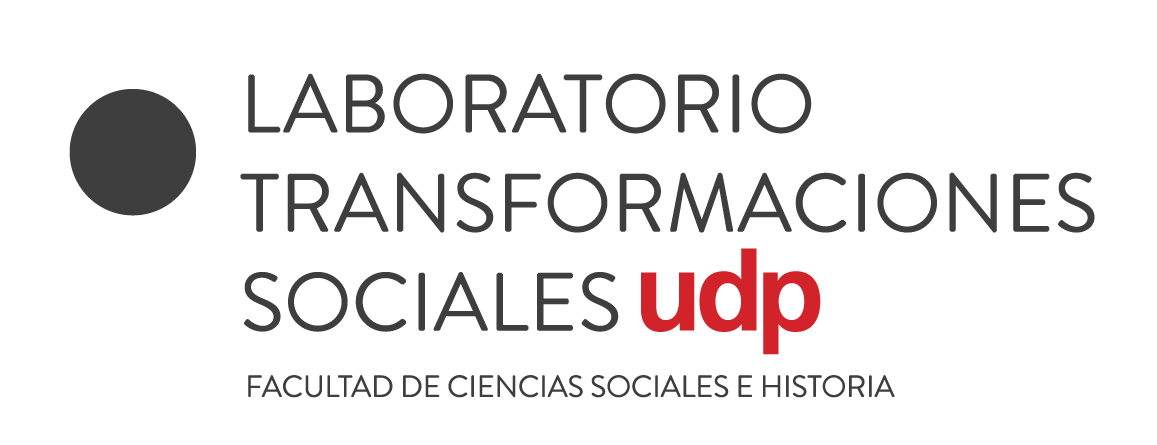The normative turn in philosophical sociology: A historical-conceptual commentary
DOI:
https://doi.org/10.32995/0719-64232016v2n3-19Keywords:
Philosophical sociologyAbstract
To embark on commenting on a project such as that of philosophical sociology, which extends its roots to one of those problems that are insoluble by definition, can only be done from theoretical self-consciousness. The linguistic dimension, however, helps us in this task. It is clear: all commenting is always a co-menting, a co-thinking, a thinking-with-the-other. In what follows, I attempt to co-think Daniel Chernilo's project in historical-conceptual terms, seeking to grasp the founding motif that highlights it within this theoretical program. With this aim in mind, I have structured the text as follows: first, I return to the theoretical origins of philosophical sociology in the quest to account for the central core of the normative turn that Chernilo gives to this theoretical program [I]. Although this turn allows us to frame his project within this theoretical direction, it is not free of elements that for philosophical sociology in general could appear problematic. To elucidate these critical elements, I will comment briefly on the internal programmatic structure [II], the theoretical-practical performances [III] and the methodological deficits [IV] of Chernilo's philosophical sociology.
Downloads
Published
How to Cite
Issue
Section
License
Copyright (c) 2016 Rafael Alvear

This work is licensed under a Creative Commons Attribution-NoDerivatives 4.0 International License.

Este obra está bajo una licencia de Creative Commons Reconocimiento-NoComercial-CompartirIgual 4.0 Internacional.



